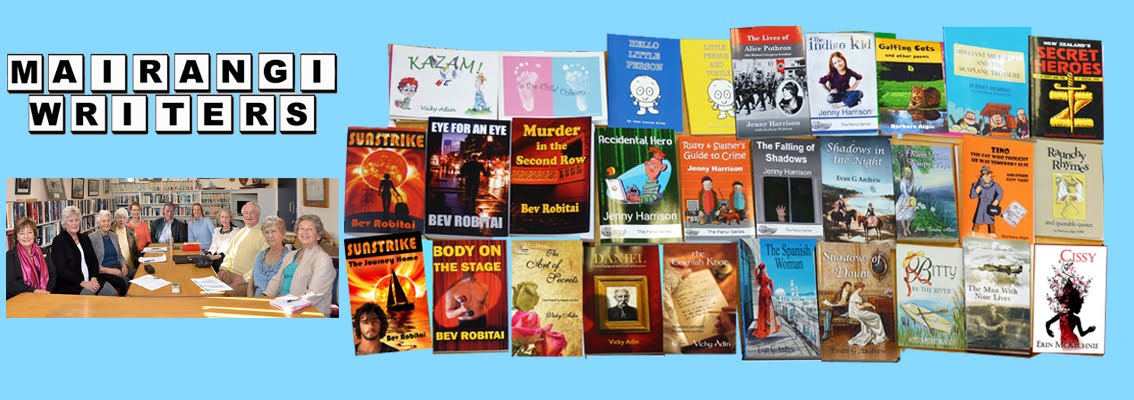The article drew comparisons with Joe
Orton, a 1960s English playwright famous for his black comedy; Ken Kesey,
author of One Flew Over the Cuckoo’s
nest; Tom Paine (1737-1809) one of the Founding Fathers of the United
States who wrote Rights of Man and Age of Reason; and Ben Jonson, a
contemporary of Shakespeare, whose writings were numerous. All of these people
had been in gaol sometimes because, like Aitken, they had broken the law, but more
often because they were political activists or didn’t fit the social norms of
the time.
Either way their experiences deepened their
writing. Literature and solitude, it seems, go together and painful personal
experiences are often inspirational. It is hoped that those of us who are
members of the Mairangi Writers and contributors to this blog will not have to
go to such lengths to be recognised as authors with something to say.
I would prefer another kind of
inspiration: the kind that Elizabeth Barrett and Robert Browning shared, love.
Forbidden to marry by her father, Elizabeth and Robert exchanged a total of 573
letters, the first of which begins, "I
love your verses with all my heart, dear Miss Barrett ..."
Through this exchange of letters discussing
other writers, sharing their work and having philosophical debates, they fell
in love. Despite her chronic ill-health, strict Victorian upbringing and
increasing age (late 30s) she and Robert married in secret and fled the
country. She was disinherited and her father never spoke to her again.
Thanks to the wonders of modern technology (and
the enlightened project leaders at Wellesley College and Baylor University in
Waco, Texas) these letters have been digitised and are available online for all
to read – ‘just as they were written – with creased paper, fading ink, quill
pen cross outs and even the envelopes the two poets used.’
Can you think of anything more
inspirational?
Imagination is more important than knowledge.
Albert
Einstein
Vicky The
Artful Adin
